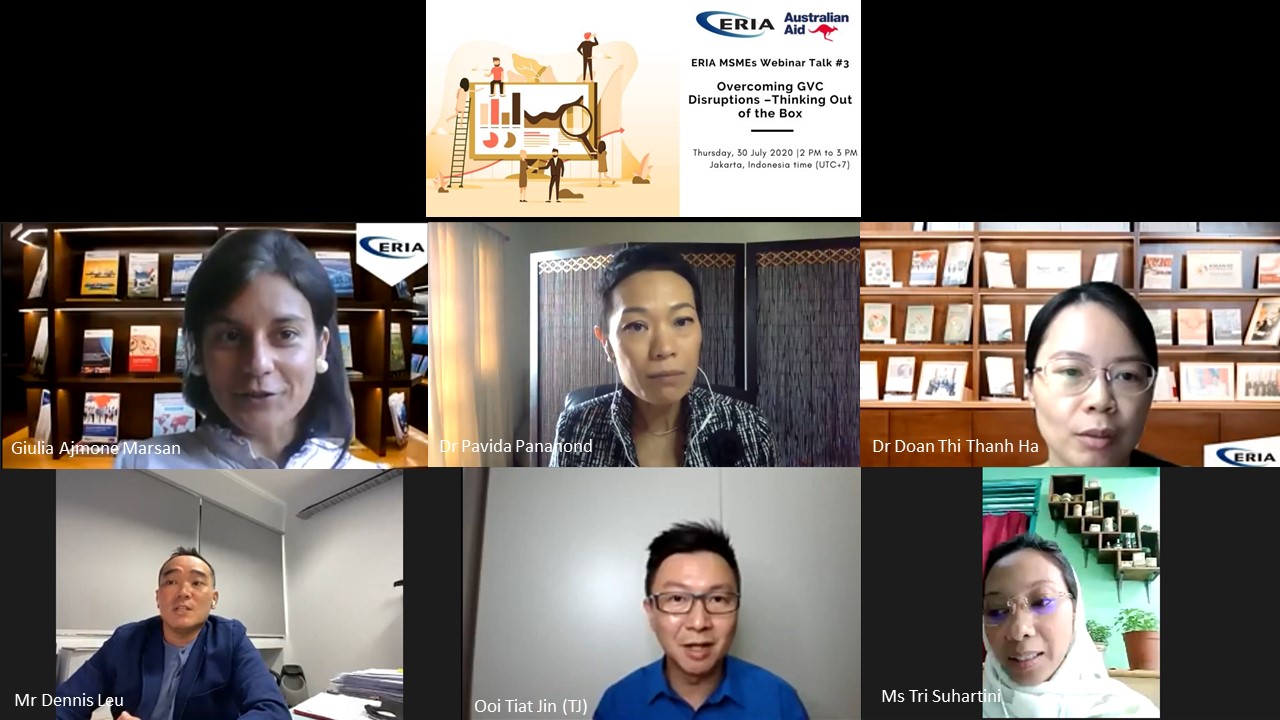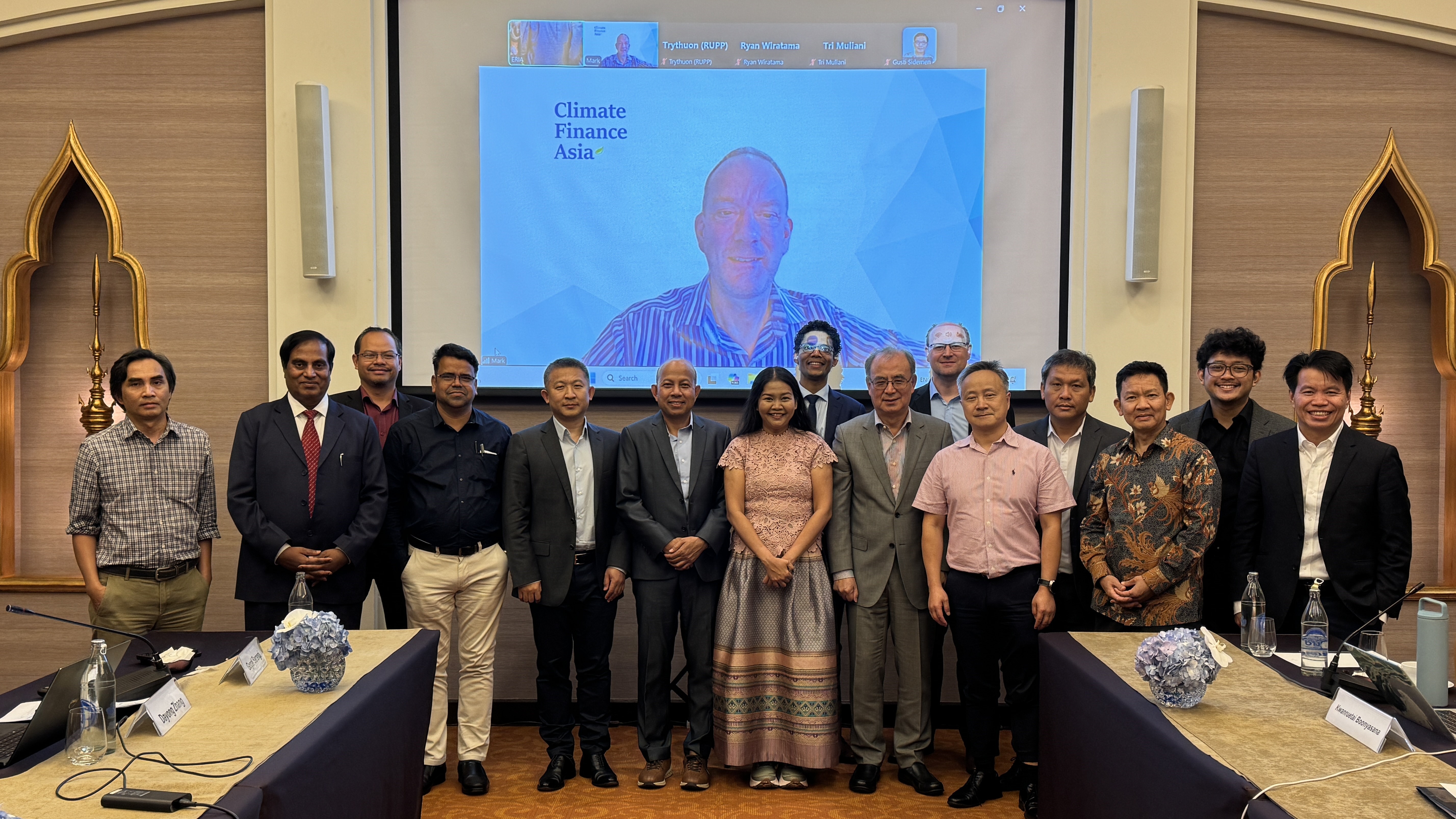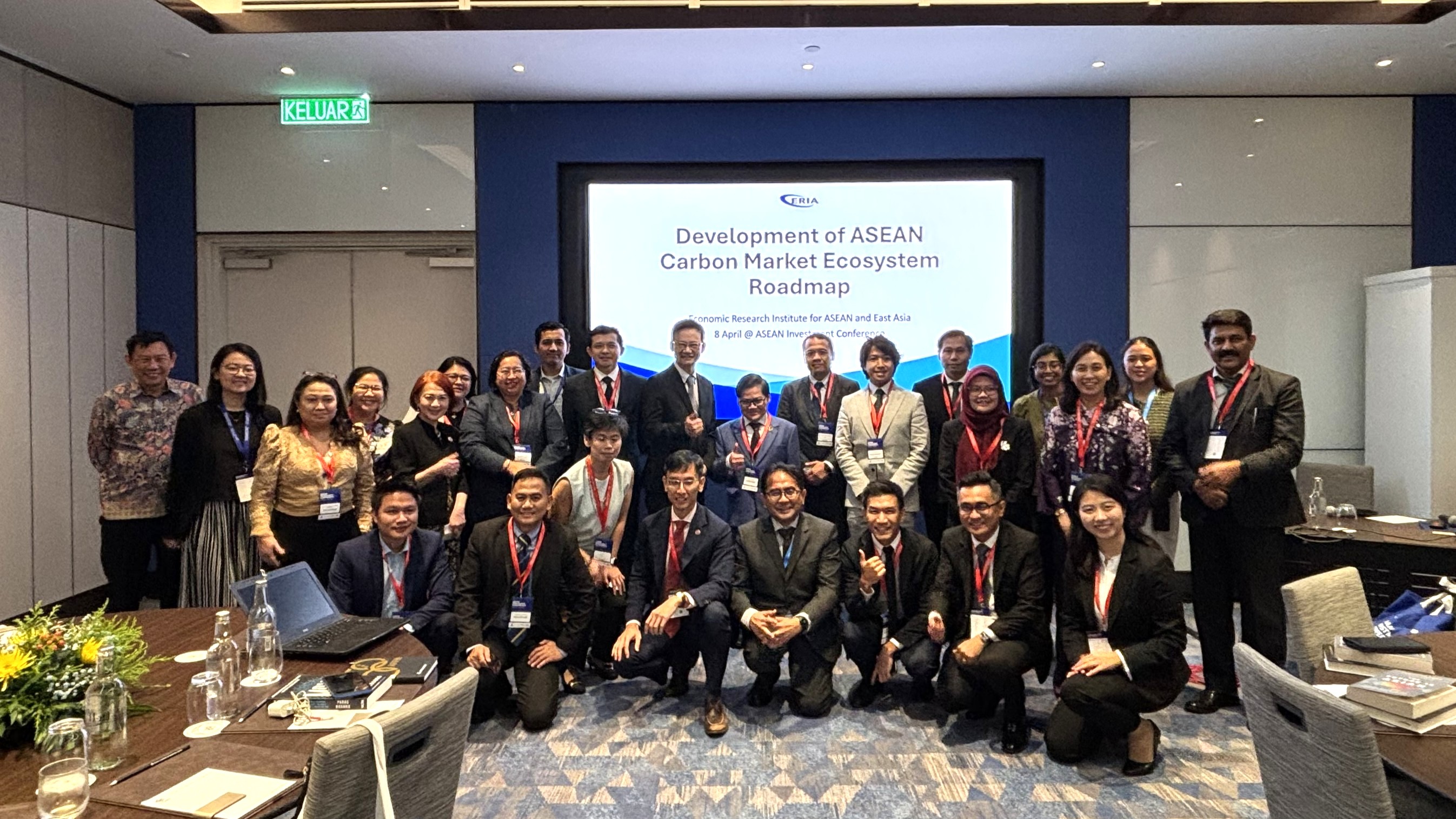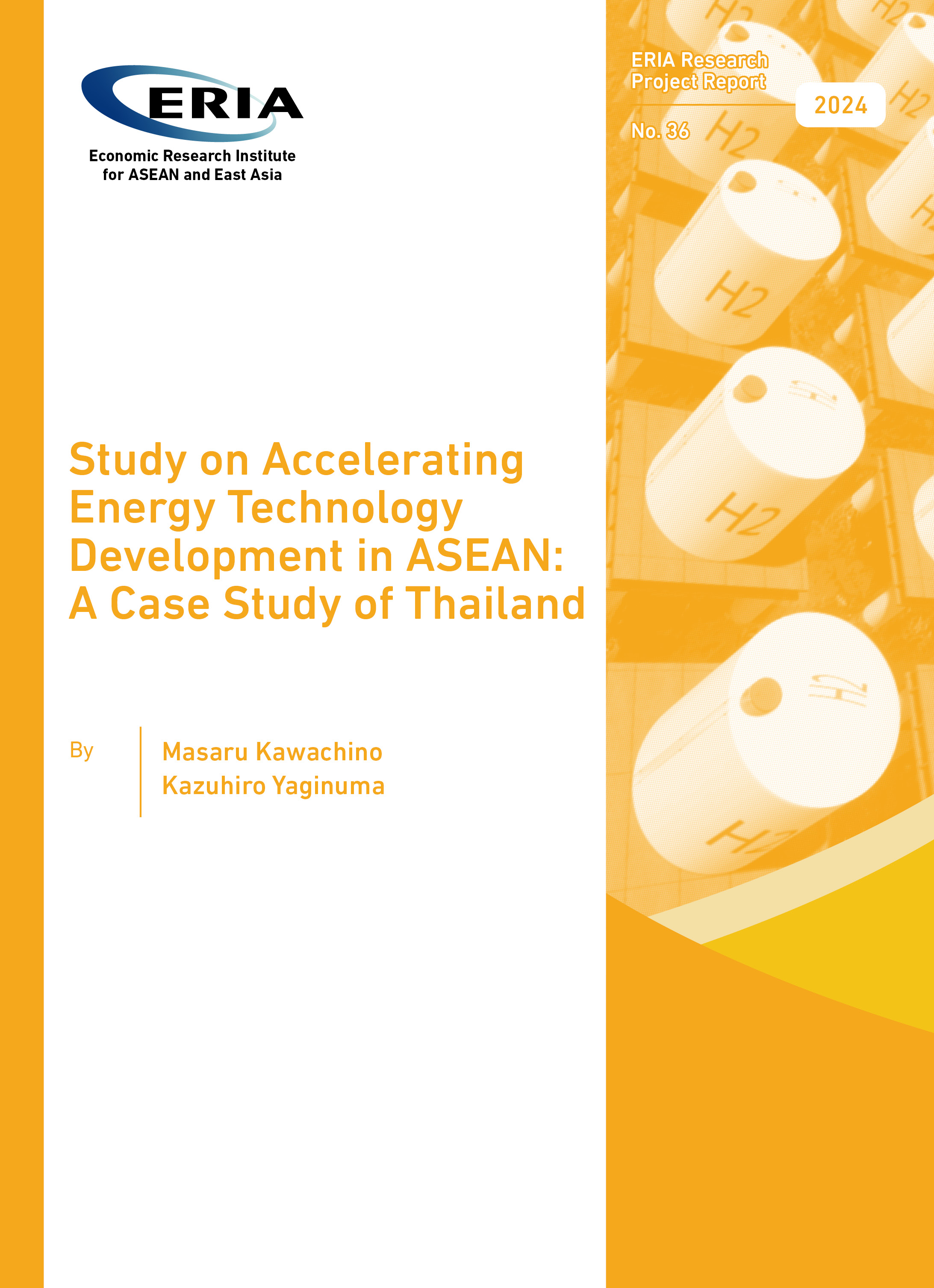ERIA Hosts Webinar on Overcoming GVC Disruptions for MSMEs
Date
30 July 2020Category
OthersShare Article:
Print Article:
Jakarta, 30 July 2020: The ERIA MSMEs Webinar Talk #3 ‘Overcoming GVC Disruptions – Thinking Out of the Box’, was held on 30 July 2020. This series of webinars is organised under ERIA’s Strategy and Partnership Programme, funded by Australia. With more than 95 participants from the Asia-Pacific region, the dialogue addressed disruptions to global value chains (GVCs) due to the pandemic and opportunities for the future.
Four speakers participated in the discussion:
- Dr Pavida Pananond, Associate Professor, Thammasat Business School (TBS), Thammasat University (Thailand)
- Ms Tri Suhartini, Founder, Ecovivo Social Enterprise (Indonesia)
- Mr Dennis Leu, Managing Director, DLE Steel International (Singapore)
- Dr Doan Thi Than Ha, Economist, ERIA
GVCs are global production networks for the development of a product or a service where activities, tasks, and production of components occur across multiple locations in different countries. Southeast and East Asia are particularly well integrated in GVCs and they strongly contributed to the economic development and integration of the region over the last decades. As shown by ERIA research, GVCs have become more complex following decades of trade and investment liberalisation, high growth in infrastructure development, and the information and communication technology revolution which have created increasingly interconnected regions. However, the pandemic has heavily disrupted GVCs due to lock-down measures and travel disruptions.
The main messages that emerged from the discussion include:
- The extent by which GVC were disrupted and ASEAN MSMEs affected largely depends on the sector in which they operate and on their degree of connectivity to international markets and suppliers. Companies in sectors such as tourism have been disproportionally affected;
- The importance of being creative and seeing opportunities to diversify both demand and supply. For example, Dr Pananond mentioned Thai hotels which quickly adapted and are now becoming quarantine facilities as tourist are in small numbers. Ms Suhartini explained how her company quickly diversified the production of personal care products to also include organic hand sanitiser;
- The importance for governments to facilitate the development of domestic markets, especially for large ASEAN countries in order to become more resilient to future shocks. Policy makers also have a role to play to maintain and restore connectivity (such as travel bubbles) as well as to improve the regulatory framework to continue to attract FDI;
- Innovation and technology offer opportunities but can also represent a challenge: they will become even more important during the post-pandemic recovery to develop domestic markets, attract FDI and upgrade the activities of many ASEAN MSMEs. Automation can also represent a risk in terms of job losses but at the same time it may strengthen resilience of business operations;
- For the above-mentioned reasons, upskilling and reskilling of workers, especially in MSMEs, is key. The availability of skilled labour is one of the key determinants for the relocation of larger firms and FDI attraction;
- While re-shoring is costly and takes time, a possible long-term consequence of the pandemic is to make GVCs shorter: more regional and less global. This is why policy makers should continue to promote economic integration at ASEAN and East Asia level.
The webinar was hosted and moderated by Dr Giulia Ajmone Marsan, ERIA’s Director of the Strategy and Partnership Programme. Mr TJ Ooi, Founder and Principal Consultant at Curated Connectors moderated the lively discussion during the Q&A session from the participants.
Related ERIA Publications
Pandemic (COVID-19) Policy Regional Cooperation and the Emerging Global Production Network








